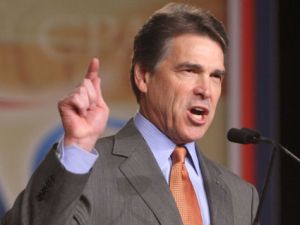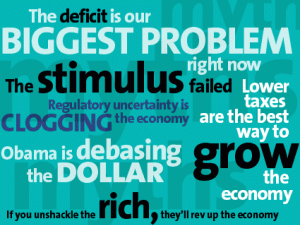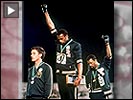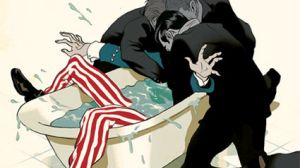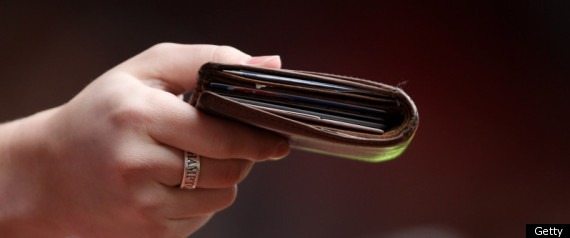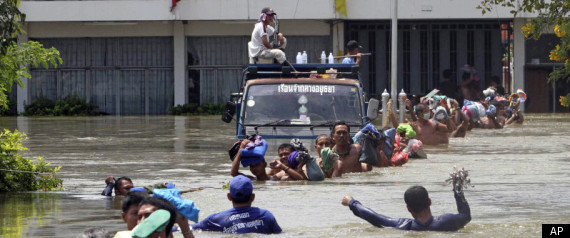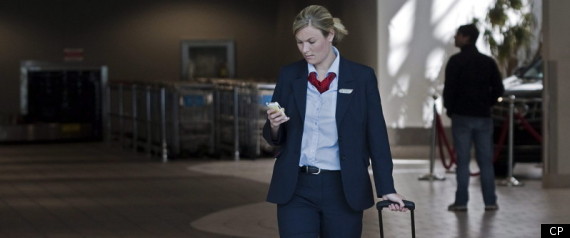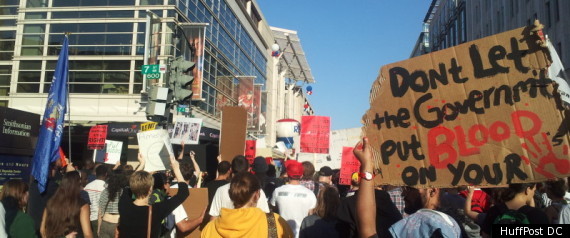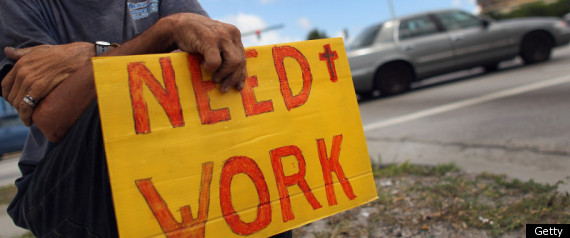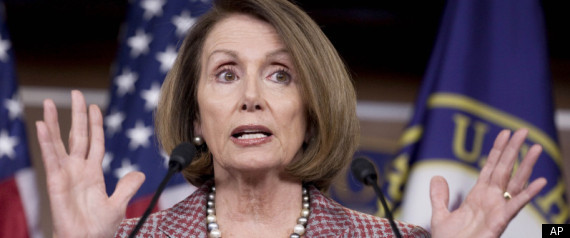 Meet Col. Joel Stone, Canada’s newest hero of the War of 1812.
Meet Col. Joel Stone, Canada’s newest hero of the War of 1812.Born in Connecticut in 1749, Stone moved to Upper Canada during the tumult of the American Revolution and settled at Gananoque, in eastern Ontario along the St. Lawrence River, where he opened a sawmill and got himself appointed to a variety of government posts, including commander of the local militia. But his quiet life as a gentleman settler ended when the United States declared war in June 1812. Suddenly Col. Stone and his small community found themselves in the midst of the fight for Canada.
The St. Lawrence was the British army’s sole supply route to Upper Canada and the Great Lakes. If the American military cut river access, the whole province, from Kingston to what is now Windsor, would inevitably fall to the invaders. If Canada was to exist as an independent country, Col. Stone and the Gananoque militia had to keep their part of this vital supply route open.

